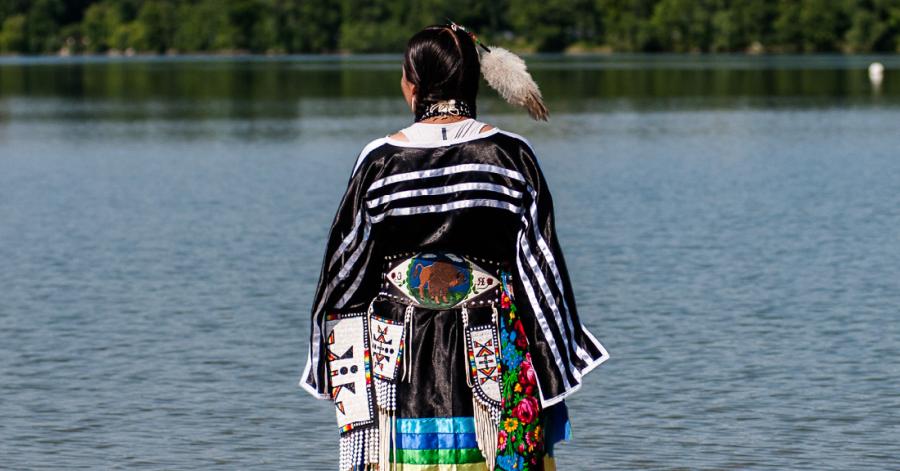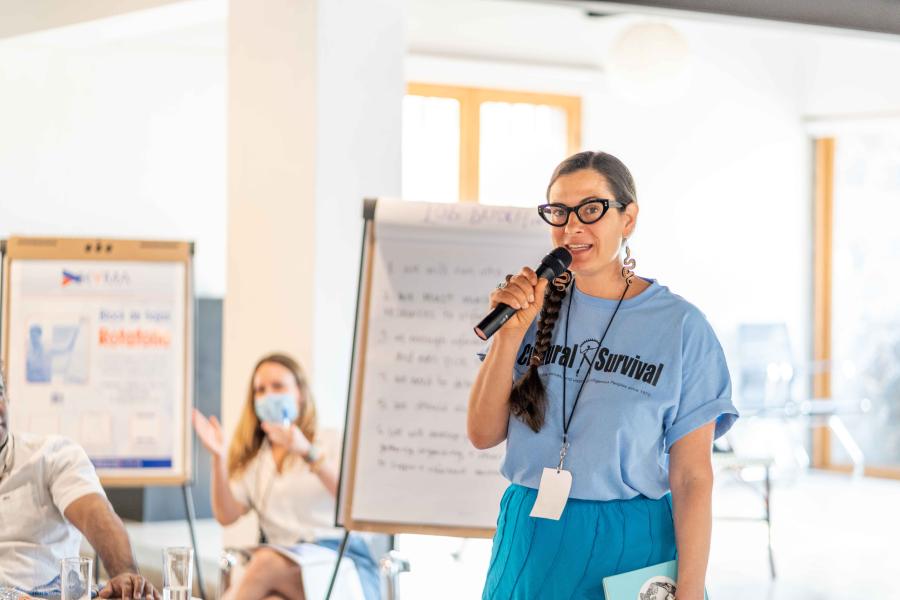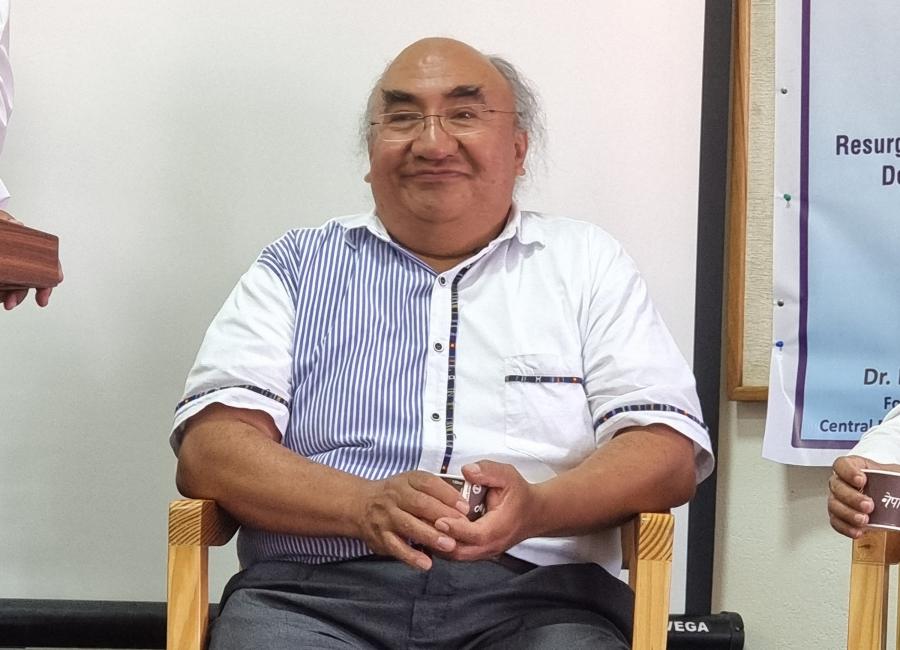Gonzalo Oviedo & Luisa Maffi, with Peter Bille Larsen
WWF International - Terralingua, Switzerland. 2000.
Appendices and maps.
ISBN 2-88085-247-1 (paperback)
REVIEWED BY TAKI MIYAMOTO
In a series of publications, the World Wide Fund for Nature (WWF) is promoting a new vision to address the "underlying causes of biodiversity loss." The report under review, produced by WWF in collaboration with NGO Terralingua, only confirms what we already know. The WWF envisions a fusion of indigenous peoples' agendas for self-determination and the organization's own agenda for conservation. While the wealth of biological and cultural detail in the report dispels certain myths about human relations with nature, I remain skeptical of partnerships between mainstream environmental organizations and indigenous people.
The adjustments and change that the WWF purport are bewildering. The new tools and even more complicated set of beliefs will have rippling effects -- both positive and negative, trivial and substantial -- on the psychological and social systems of indigenous people. Any partnership for indigenous people with the WWF will be self-defeating if it subverts their identity and value systems. While indigenous people may engage in strategic essentialism as stewards of the environment for the political, cultural, and legal advancement of their struggles, their cultural survival against various forces of domination and power cannot be reduced to environmentalism.
The WWF, a mainstream environmental organization, will not alter the destructive tendencies of current economic and political systems that affect the lives of indigenous peoples. To their credit, the WWF has become a recognized spokesperson for the environment in the eyes of national and international policy-makers and the media. Yet they count among their sponsors major transnational corporations such as Shell and maintain distinct ties with the World Bank and other international lending institutions. These institutions will not allow an impediment to the path of mainstream society. The new approach to conservation put forward by the WWF does not offer a fundamental analysis of indigenous peoples' struggles and may instead incite a misrepresentation of the real nature of these struggles. The approach recognizes indigenous peoples' rights only when conducive to conservation, maintaining the status quo and promoting sustainable development -- a potential open invitation to free market/business-oriented solutions. As they seek more rights, land tenure, and recognition of self-determination, indigenous people throughout the world are demanding that the principal forces dominating them relinquish actual power. The partnership with the WWF may thus be counter-productive if it is defined only in terms of conservation. Further, if the actual outcomes of partnerships are trivial as regards indigenous peoples' goals, media and political promotion of these partnerships may induce in the public apathy and hopelessness for indigenous peoples' struggles.
Nature is not beyond the confines of human endeavor, but has always included the daily business of people's lives. Indigenous people must be able to claim their identities, dreams, and desires from the world's heedless imposition. Warnings from indigenous people have echoed throughout the world. The origin of these voices has, however, been difficult to locate through the ruffling of papers, plastic, and silicon. Potential readers of this WWF report, including practitioners, must be careful not to endorse further imposition.
Article copyright Cultural Survival, Inc.



